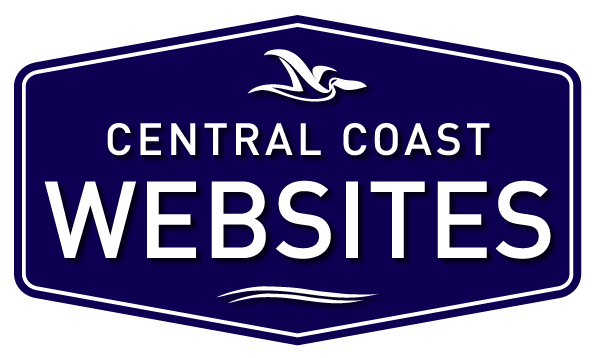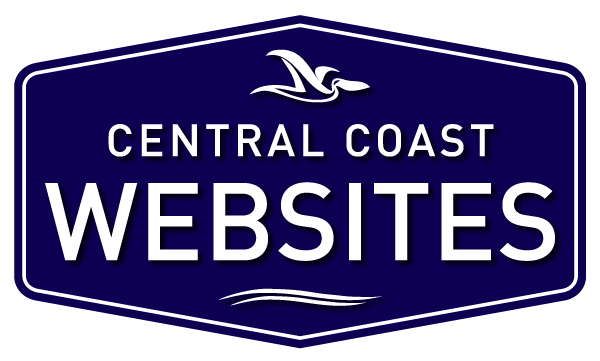The Importance of Crawl Budget for SEO.
Crawl budget might sound technical, but it’s a key part of how search engines like Google navigate your website. Put simply, it refers to the number of pages Googlebot will crawl and consider for indexing within a given timeframe.
Why is that important? Because if a page isn’t crawled, it won’t be indexed, and if it’s not indexed, it won’t show up in search results. That directly affects your site’s visibility in search. For smaller websites, crawl budget usually isn’t an issue. But for larger sites or those publishing content regularly, keeping an eye on it, and optimising it where possible can make a real difference.
What is Crawl Budget?
Crawl budget refers to the number of pages that search engines, like Google, will crawl and index from your website during a certain period of time. Think of it as the amount of attention Googlebot can give your site within that time frame.
The reason crawl budget is important is simple: if Google doesn’t index a page, that page won’t appear in search results. For smaller sites, this usually isn’t an issue because Google can easily crawl and index all the pages. However, for larger websites with thousands of pages, managing crawl budget becomes essential. If some of your pages aren’t indexed, they won’t rank in search results, which could harm your site’s overall SEO performance.
Why Does Crawl Budget Matter?
While most small websites don’t need to worry about crawl budget, it becomes a crucial factor for larger or more complex sites. Here’s why:
- Larger Websites: Sites with 10,000+ pages, such as e-commerce platforms, need to ensure that all their important pages are crawled and indexed. Without proper management, some pages may be missed, leading to lower visibility in search results.
- Recently Added Pages: If you’ve recently added a large batch of new pages—like a blog archive or a new product category—your crawl budget may be stretched. It’s important to ensure that these pages are indexed quickly so they can start appearing in search results.
- Redirects: Too many redirects, especially if unnecessary, can eat up your crawl budget. Googlebot spends time following these redirects instead of focusing on the pages you want to be indexed.
How Does Google Determine Crawl Budget?
Google determines your site’s crawl budget by weighing a few key factors that help it assess how important and accessible your pages are.
Two main elements influence this: crawl demand and crawl capacity.
Crawl Demand refers to how often Googlebot visits your site. If Google sees your site as valuable or frequently updated, it will crawl it more often. Several things affect this:
- Perceived Inventory: Google aims to crawl all the pages it knows about—even outdated, duplicate, or unwanted ones. If there are pages you no longer want indexed, you’ll need to block them using tools like robots.txt or return appropriate HTTP status codes (like 404 or 410).
- Popularity: Pages that attract more backlinks or traffic are typically crawled more often. Google treats this as a signal of relevance or authority.
- Site Speed: The faster your site loads, the more pages Google can crawl in a single visit. A slow site can waste crawl time, which may limit how many of your pages get indexed.
Crawl Capacity is how much crawling Googlebot can do without overloading your server. Google tries to avoid putting strain on your site, so if your server is slow to respond or frequently returns errors, Google will reduce how often it crawls your pages.
Several factors can influence crawl capacity:
- Server Performance: If your server handles requests quickly and reliably, Google is more likely to crawl your site efficiently. But if your site struggles under load, Googlebot will slow down its activity to avoid making things worse.
- Site Errors: A high number of errors like timeouts, 5xx server issues, or broken redirects can signal problems, prompting Google to reduce crawl activity until the site is more stable.
- Hosting Limits: On lower-tier hosting plans or shared servers, crawl capacity might be limited simply due to restricted resources. Upgrading to better hosting can help improve crawl performance.
How to Maximise Your Crawl Budget.
Managing your crawl budget effectively can help Googlebot focus on the pages that matter most for your website’s SEO. Here are some key strategies to maximise your crawl budget:
- Improve Site Speed:
One of the simplest ways to improve your crawl budget is by speeding up your site. Slow-loading pages can waste crawl budget because Googlebot spends more time crawling fewer pages. By improving your site’s load times, you allow Googlebot to crawl more pages during each visit. - Use Internal Links:
Internal links help guide Googlebot to your most important pages. Well-structured internal linking ensures that every valuable page gets crawled. It’s also essential to fix any broken links because they can disrupt the crawling process and waste crawl budget on non-existent pages. - Flat Website Architecture:
A flat website structure means that every page on your site is easily accessible within a few clicks from the homepage. This setup allows link authority to flow through your site more efficiently, increasing the likelihood that Google will crawl all of your important pages. - Avoid Orphan Pages:
Orphan pages—pages with no internal or external links—are difficult for Google to discover. Make sure every page on your site has at least one link pointing to it, ensuring that Googlebot can find and index all of your content. - Limit Duplicate Content:
Duplicate content not only confuses users but can also waste your crawl budget. When Googlebot crawls repetitive or unnecessary pages, it reduces the time available to crawl your important content. Use tools to identify and remove duplicate pages to keep your crawl budget focused on high-priority pages.
Crawl Budget Optimisation.
A key strategy for optimising your crawl budget is splitting your XML sitemap into smaller, more manageable sitemaps. For example you can create separate XML sitemaps for each section of your website (e.g., pages, products, blogs, services). This approach helps search engines crawl your site more efficiently and ensures that all important sections receive adequate attention.
By dividing your sitemaps, you can also easily track if any specific sections of your site are experiencing crawling or indexing issues. This allows for quicker troubleshooting and ensures that Googlebot’s attention is focused on the most valuable parts of your site.
The Importance of Crawl Budget for SEO.
Managing your crawl budget is a crucial aspect of SEO, especially for larger websites or those with frequent content updates. By optimising your crawl budget, you ensure that Googlebot spends time on the pages that matter most, leading to faster indexing and better search engine rankings.
Implementing strategies like improving site speed, optimising internal linking, and avoiding orphan pages ensures that you make the most of your crawl budget. In turn, this helps your site stay visible and competitive in search results.




